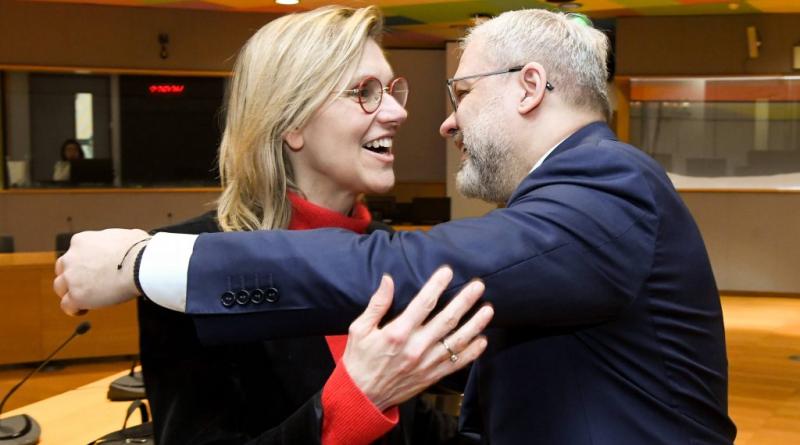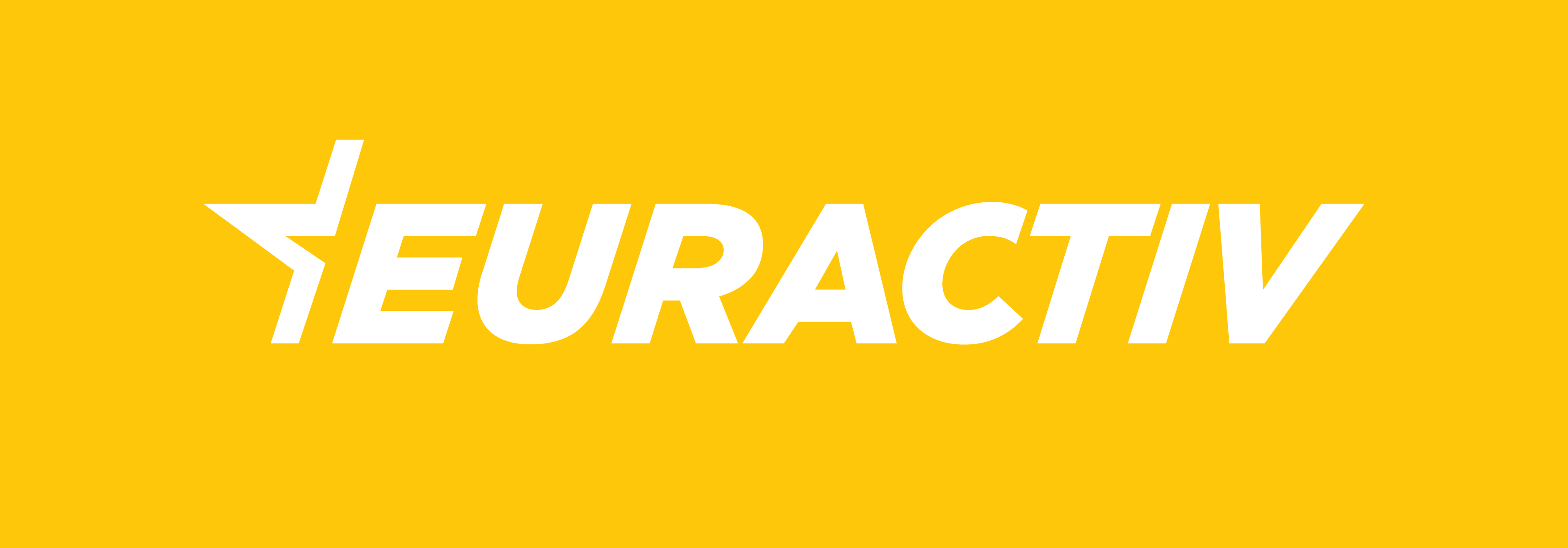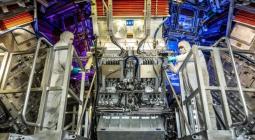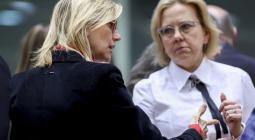EU seeks compromise over nuclear’s role in renewable energy goals

Two rival alliances of EU countries held final-hour talks in Brussels on Tuesday (28 March), ahead of negotiations on whether to recognise nuclear power under the EU’s renewable energy goals.
The stand-off came a day before EU countries and lawmakers are supposed to agree on tougher EU targets to expand renewable energy by 2030 – a key part of the bloc’s plans to reduce CO2 emissions and wean itself off Russian gas.
The negotiations are bogged down in a debate over nuclear energy, with the issue threatening to thwart a deal on one of Europe’s main climate policies.
Sweden, which holds the EU’s rotating presidency and will represent EU countries in the negotiations, said it had drafted a compromise on the issue for countries’ ambassadors to consider at a meeting on Wednesday morning, before the renewable energy negotiations kick off.
“There will be a paper discussed […] tomorrow” at a meeting of EU ambassadors, said Ebba Busch, the Swedish minister for energy who spoke at a press conference on Tuesday.
French news site Contexte reported about the possible compromise proposal, which is being discussed by ambassadors.
But on Tuesday, countries were still split.
Eleven countries, led by Austria and including Germany and Spain, met on Tuesday to discuss their push to keep nuclear energy out of the renewables targets. They say mixing nuclear into the renewable energy law would distract from efforts to massively expand wind and solar.
“The group calls for ambitious targets in the (renewable energy law) in order to have a clear mandate for investors and customers,” Austrian Energy Minister Leonore Gewessler said.
On the other side of the debate, French energy minister Agnès Pannier-Runacher convened a meeting of 13 pro-nuclear countries including the Czech Republic, Finland, Italy and Poland.
In a joint statement, the countries said they had “agreed that a favourable industrial and financial framework is necessary for nuclear projects”.
Around nine of those countries are also pushing to count “low-carbon hydrogen” – hydrogen produced from nuclear electricity – towards the EU renewable energy goals.
They say countries should be encouraged to use nuclear-based hydrogen as well as renewable energy-based hydrogen, since both are CO2-free and can therefore help nations to quit fossil fuels faster.
“What is at stake is not to oppose nuclear and renewables, what is at stake is to take into account everything that allows us to become carbon neutral and to lower our CO2 emissions by 2030,” Pannier-Runacher said. “We collectively made proposals. It seems to me that there is a way,” she added.
Speaking at a press conference on Tuesday, the EU’s energy Commissioner said she was hopeful that an agreement could be found on the renewable energy directive.
“I truly hope that after several trialogues, this will be the final one. I see willingness on the Council side to conclude the talks,” she said in reference to the Swedish presidency’s compromise plan.
COVER PHOTO: "What is at stake is not to oppose nuclear and renewables," said French energy minister Agnès Pannier-Runacher (L). "What is at stake is to take into account everything that allows us to become carbon neutral and to lower our CO2 emissions by 2030". [Copyright: European Union]





